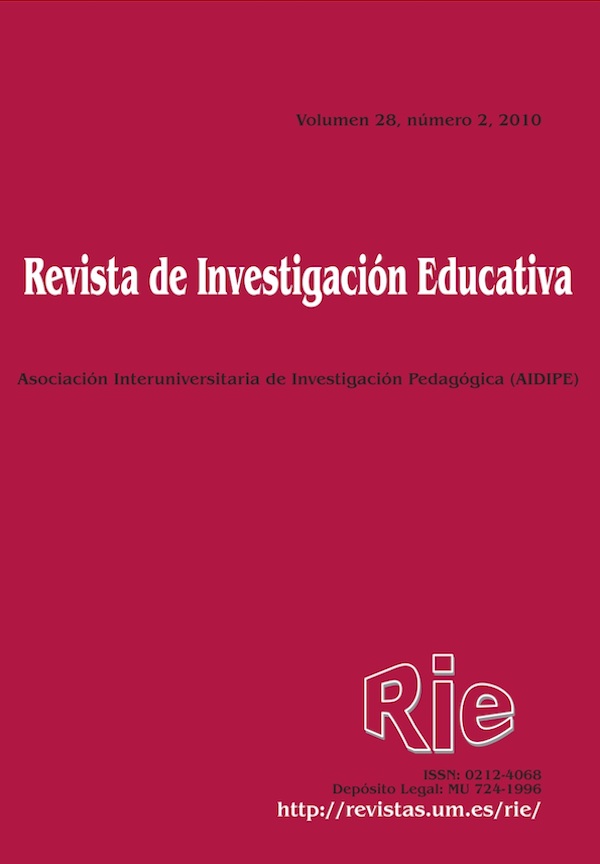Reading as a deciding factor in the development of emotional competence: a study on university students
Abstract
The benefits of emotional competence upon people’s lives have recently been shown by the scientific community. As a consequence and in order to improve this competence, intervention programmes have flourished lately. Most of them use reading as a resource, but the connection between these two variables has not been sufficiently demonstrated. The situation described is what encouraged this study, in which the following objectives are: 1) to analyse emotional intelligence and reading habits in university students, 2) to identify the relationship between students´ readings and their self-perceived level of emotional intelligence, and 3) to establish the differences between emotional competence according to gender and academic year. Both reading habits and emotional intelligence were respectively assessed with a questionnaire especially designed for the study and the TMMS-24. Results suggest that there is a need to develop programmes that encourage reading and also promote emotional development. A discussion is then in place as a results of the demands made by the European Space for Higher Education for this type of competences in the new syllabus for Higher Education.Downloads
-
Abstract2012
-
PDF (Español (España))1862
The articles and scientific documents published in RIE abide the following conditions:
1. The Servicio de Publicaciones de la Universidad de Murcia (the publisher) has the property rights (copyright) of all the documents published and allows the reuse under the user’s license indicated in point 2.
2. All documents are published in the digital edition of RIE under a Creative Commons Reconocimiento-NoComercial-SinObraDerivada 4.0 Internacional. (legal document) license. These documents can be copied, used, distributed, communicated and explained publicly if: i) the author(s) and its original source of publishing (magazine, publisher and URL of the document) are cited; ii) it is not used for commercial purpose; iii) the existence and the specifications about this license are mentioned.
3. Auto-archive’s conditions. The authors are allowed and encouraged to digitally distribute the pre-print versions (a version before evaluation) and/or post-print (a version that it is already evaluated and accepted to its publication). This promotes circulation and distribution earlier and can increase the citations and significance within the academic community.









